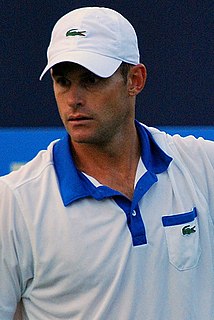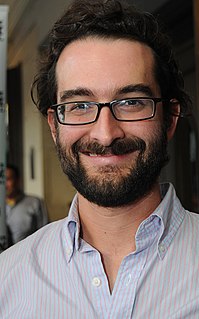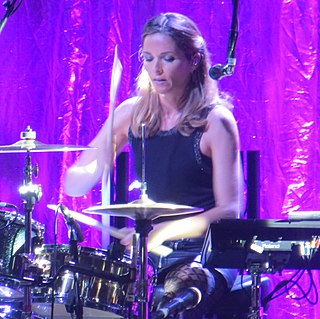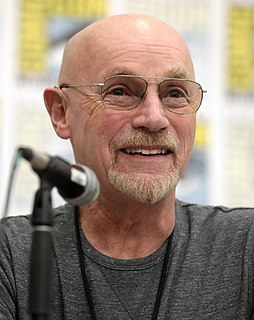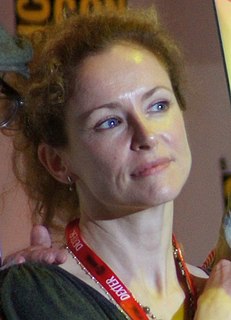A Quote by Bill Ayers
The fact is that in my prep school, I went to a boarding school, 39 young men graduated from that prep school. Five years later, a quarter of us were in SDS, in Students for Democratic Society. Not because we were particularly chosen or because we were as I say, we were lucky but we were mainly luckily to grow up at a time where this black freedom movement was really defining the moral character of what it meant to be a citizen and a person.
Quote Topics
Because
Black
Boarding
Boarding School
Character
Chosen
Citizen
Defining
Democratic
Democratic Society
Fact
Five
Five Years
Freedom
Graduated
Grow
Grow Up
Later
Luckily
Lucky
Mainly
Meant
Meant To Be
Men
Moral
Moral Character
Movement
Particularly
Person
Prep
Quarter
Really
Say
School
Society
Students
Time
Up
Us
Were
Years
Young
Young Men
Related Quotes
I was from my little perch in a prep school I saw the civil rights movement and it was defining the moral dimensions of the time and I was drawn to it and I read James Baldwin and read Invisible Man and these were my touch points. But it was when I got to Michigan and saw a bigger world, a real world, that I got involved.
I don't know if one's more typecasting than the other, or what I am more like. But I know that the high school I went to was a private school. It was prep school. It was a boarding school. So we didn't have a shop class. We didn't have Saturday detention. We went to school on Saturday. We did have Sunday study, which you very rarely get, because then you have 13 straight days of school. Who wants that?
There was a Yale even before Larry [Kramer] and I got there, and there were three designations of students: "white shoe," "brown shoe," and "black shoe." "White shoe" people were kind of the ur-preppies from high-class backgrounds. "Brown shoe" people were kind of the high school student-council presidents who were snatched up and brushed up a little bit to be sent out into the world. "Black shoe" people were beyond the pale. They were chemistry majors and things like that.
My well-meaning parents decided to send me to a Catholic grade school to get a better education than I probably would have received at the local public school. They had no way of knowing that the school nuns, who were the majority of the teachers at this particular parochial school, were right-wing, card-carrying John Birch Society members.
The Organization of Afro-American Unity was an organization that was a secular group. It largely consisted of people that we would later call several years later Black Powerites, Black nationalists, progressives coming out of the Black freedom struggle, the northern students' movement, people - students, young people, professionals, workers, who were dedicated to Black activism and militancy, but outside of the context of Islam.
Me and my friends in high school were the only girls who went to hardcore shows. It was three of us, and the rest of the audience was male. We didn't really think about it. We weren't thinking we were alienated or whatever, but eventually, as there started to be violence in the scene we were in during high school, we started to be turned off by the violence.




